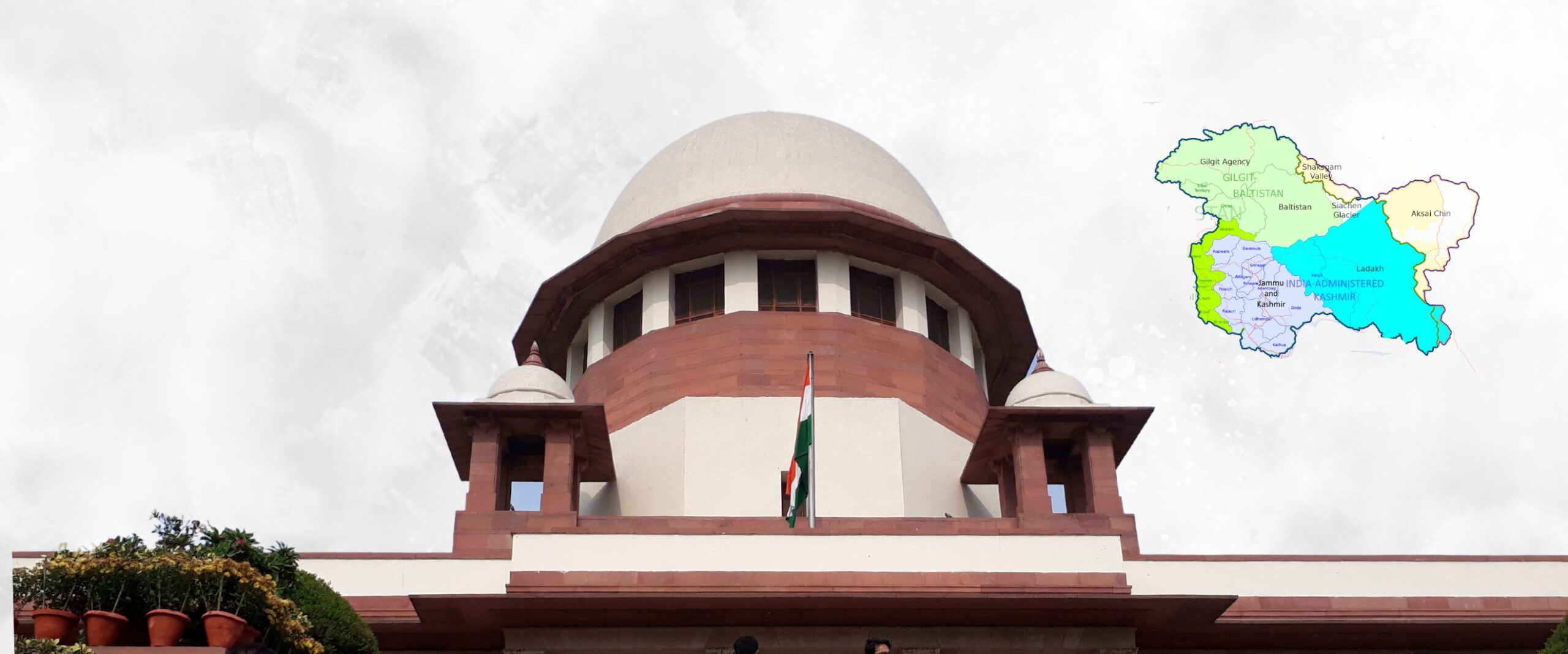
7 NITI AAYOG & PLANNING COMMISSION
The Planning Commission was an institution in the Government of India, which formulated India's Five-Year Plans, among other functions.
In his first Independence Day speech in 2014, Prime Minister Narendra Modi announced his intention to dissolve the Planning Commission. It has since been replaced by a new institution named NITI Aayog.
It was established on March 15, 1950 by an executive resolution of the Govt. of India.
It was established on the recommendation of the Advisory planning board constituted in 1946, under the chairmanship of K C Neogi.
It is an extra constitutional and non-statutory body.
The Prime Minister of India is the ex-officio chairman of the planning commission.
The Deputy Chairman is the de facto executive head (i.e. full time functional head) of the Commission.
He is appointed by the central Cabinet for a fixed tenure and enjoys the rank of a cabinet minister.
The planning Commission has a member secretary. He is usually a senior member of IAS.
At present Montek Singh Alluwalia is the Deputy Chairman of the Eleventh Planning Commission.
National Development Council:-
The National Development Council (NDC) or Rashtriya Vikas Parishad is the apex body for decision making and deliberations on development matters in India, presided over by the Prime Minister. It was set up on 6 August 1952 to strengthen and mobilise the effort and resources of the nation in support of the Five Year Plans made by the Planning Commission, to promote common economic policies in all vital spheres, and to ensure the balanced and rapid development of all parts of the country.
The Council comprises the Prime Minister, the Union Cabinet Ministers, Chief Ministers of all States or their substitutes, representatives of the Union Territories and the members of the NITI Aayog (erstwhile Planning Commission).
NITI Aayog
On 29 May 2014, the Independent Evaluation Office submitted an assessment report to Prime Minister Narendra Modi with the recommendation to replace the Planning Commission with a "control commission."
On 13 August 2014, the Union Cabinet scrapped the Planning Commission (India), to be replaced with a diluted version of the National Advisory Council (NAC) of India which was established by the UPA government.
On 1 January 2015, a Cabinet resolution was passed to replace the Planning Commission with the newly formed NITI Aayog (National Institution for Transforming India). The Union Government of India announced the formation of NITI Aayog on 1 January 2015. The first meeting of NITI Aayog was chaired by Narendra Modi on 8 February 2015.
Former Finance Minister Arun Jaitley made the following observation on the necessity of creating NITI Aayog, "The 65-year-old Planning Commission had become a redundant organisation. It was relevant in a command economy structure, but not any longer. India is a diversified country and its states are in various phases of economic development along with their own strengths and weaknesses. In this context, a ‘one size fits all’ approach to economic planning is obsolete. It cannot make India competitive in today's global economy.
The NITI Aayog comprises the following: .
With the Prime Minister as the Chairperson,
A Governing Council composed of Chief Ministers of all the States and Union territories with Legislatures and lieutenant governors of Union Territories (except Delhi and Puducherry).
Regional Councils composed of Chief Ministers of States and Lt. Governors of Union Territories in the region to address specific issues and contingencies impacting more than one state or a region.
Full-time organisational framework composed of a Vice-Chairperson, for full-time members, two part-time members (from leading universities, research organisations and other relevant institutions in an ex-officio capacity), four ex-officio members of the Union Council of Ministers, a Chief Executive Officer (with the rank of Secretary to the Government of India) who looks after administration, and a secretariat.
Experts and specialists in various fields.
